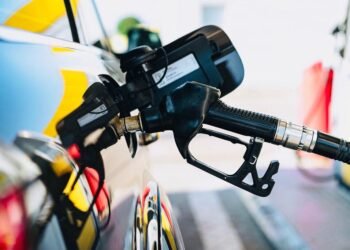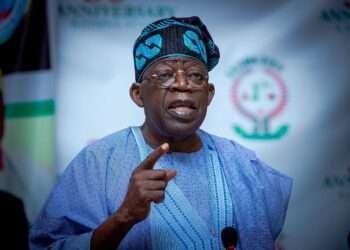President John Dramani Mahama has revealed that Ghana is on track to generate nearly 100% of its thermal power from natural gas within the next four years, as part of an ambitious but pragmatic shift toward a cleaner, more sustainable energy future.
Speaking at the Africa CEO Forum in Abidjan during an interview with Bloomberg, Mahama outlined a phased energy transition strategy that places natural gas at the center of efforts to modernize Ghana’s power generation and reduce emissions.
“We’re taking a responsible, step-by-step approach.
“Natural gas is not the final destination, but it’s a far cleaner and more efficient alternative as we move toward a greener energy mix.”
President John Dramani Mahama
Ghana’s pivot to natural gas is designed to replace more polluting fossil fuels such as heavy fuel oil and diesel, which are still widely used in the country’s thermal plants.
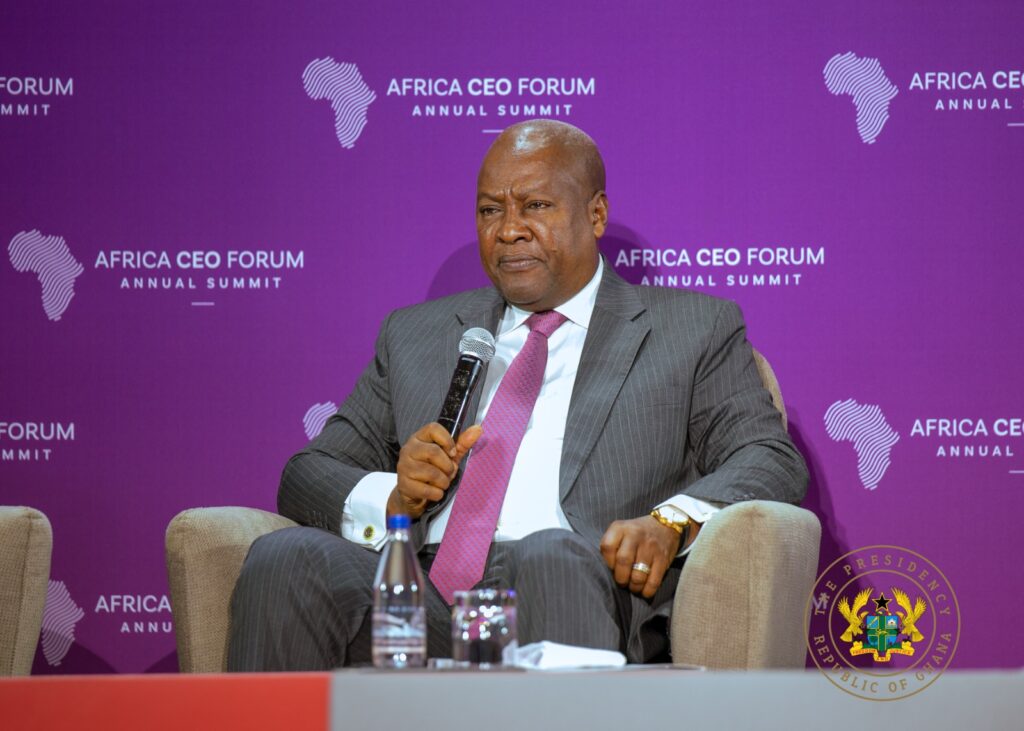
With a growing domestic supply of natural gas from offshore fields like Jubilee and Sankofa-Gye Nyame, the government sees gas as a bridge fuel to help stabilize power supply, lower carbon emissions, and fuel industrial growth.
“You cannot industrialize a country overnight on solar alone.
“But by replacing diesel and heavy fuel oil with gas, we reduce emissions dramatically while keeping the lights on.”
President John Dramani Mahama
The strategy is being implemented in phases, with infrastructure upgrades and fuel-switching underway across several thermal generation sites.
The plan, according to Mahama, will enable Ghana to power its economy more sustainably while maintaining affordability and reliability.
While Ghana has committed to a renewable energy target of at least 10% of total generation, current output from renewables stands at just 2.71%, falling short of the goals outlined in the Renewable Energy Act.
Mahama acknowledged the gap but highlighted ongoing efforts to scale up solar investments.
“We’re issuing licenses for 20, 50, even 100-megawatt solar projects. Ghana has abundant sunlight, and we intend to put it to work.”
President John Dramani Mahama
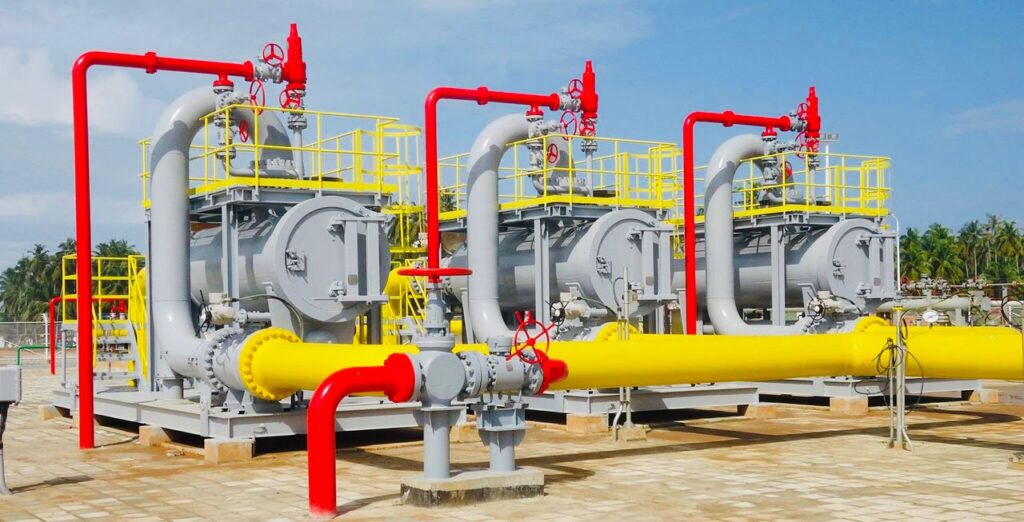
These projects include utility-scale solar farms, mini-grids for remote areas, and distributed rooftop solar for homes and businesses. The government is also pursuing partnerships to bring in private sector investments and technical expertise.
Beyond generation, Mahama emphasized the need to reform Ghana’s regulatory framework to make renewable energy production financially viable for individuals and businesses.
He shared a personal example, revealing that the solar panels installed on his own farm export clean power to the grid — but without any compensation.
“I’m effectively donating clean energy to the state. That needs to change.
“We’re working to create a policy that incentivizes solar producers, not penalizes them.”
President John Dramani Mahama
Central to these reforms is the development of net metering policies and a fair compensation mechanism for private producers, allowing them to sell excess power back to the grid.
Governance Shift to Green Transition

Overseeing this transition is the Ministry of Energy and Green Transition, which has been expanded under Mahama’s administration to reflect the broader energy and climate agenda.
The ministry is leading efforts to create a long-term roadmap for decarbonization, with milestones set for 2040 and 2050.
“Our long-term goal is clear: phase out polluting fuels, boost renewables, and power an industrialized economy with sustainable energy.”
President John Dramani Mahama
The strategy includes a continued, albeit limited, use of fossil fuels for heavy-duty transport in the near term, while encouraging greater uptake of electric vehicles and alternative fuels over the long term.
Mahama also extended a strong message to international investors, emphasizing Ghana’s readiness to engage with global partners in renewable energy, gas infrastructure, and green finance.
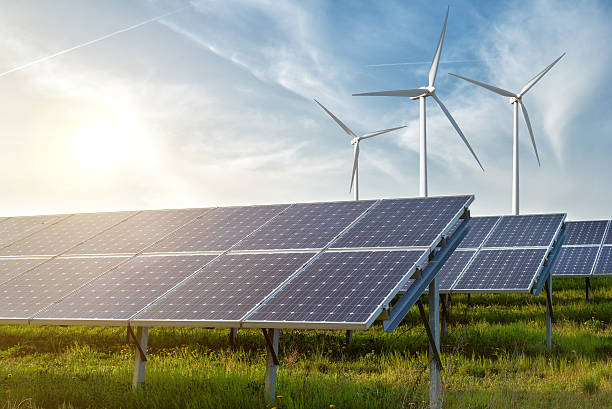
“Ghana is open for business. We’re creating a stable and predictable environment for investment in clean energy and infrastructure”
President John Dramani Mahama
He noted that strong government support, improving policy clarity, and growing domestic energy demand create a compelling case for investors looking for long-term opportunities in Africa’s energy landscape.
Mahama’s strategy positions natural gas as the pragmatic “middle step” in a multi-decade energy transition.
The push toward gas-powered thermal generation over the next four years is not just a fuel switch—it’s part of a larger shift in how Ghana envisions its energy future.
With regulatory reforms, solar expansion, and infrastructure investments underway, Mahama’s administration appears determined to steer Ghana toward a cleaner, more resilient energy system—one that can support both climate goals and economic growth.
READ ALSO: Wencai Zhang Calls on Finance Minister, Pledges Stronger World Bank-Ghana Partnership



